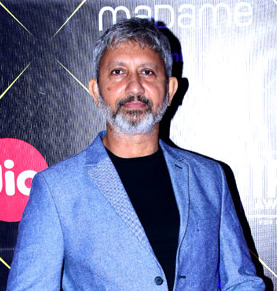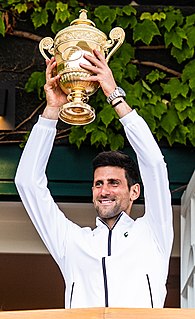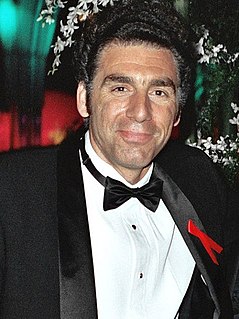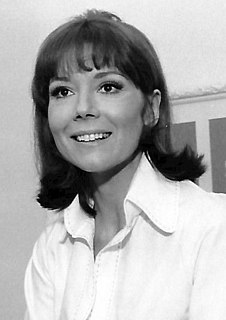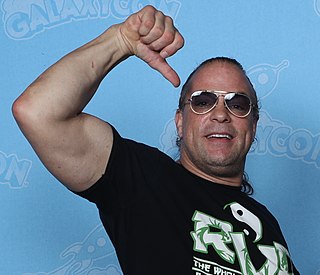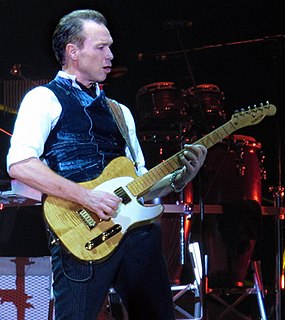A Quote by Nikki Sixx
It's physically very, very, very trying to be onstage as a performer, not unlike an athlete, for thirty years.
Quote Topics
Related Quotes
I think it's very common that scientists or technical people have an artistic side. Sometimes they are very accomplished musicians. Sometimes they have very fine tastes according to art or design. And often, they've spent a big chunk of their childhood or they're growing-up years trying to get in very good at those activities.
I'm always trying to be the best, on and off the pitch, is also very important. I've always taken things very seriously, since I was very young, and that's reflected in my career. Always being nominated, winning trophies for the club or individual awards, that's the culmination of many years of dedication, hard work and professionalism and that makes me very happy.

